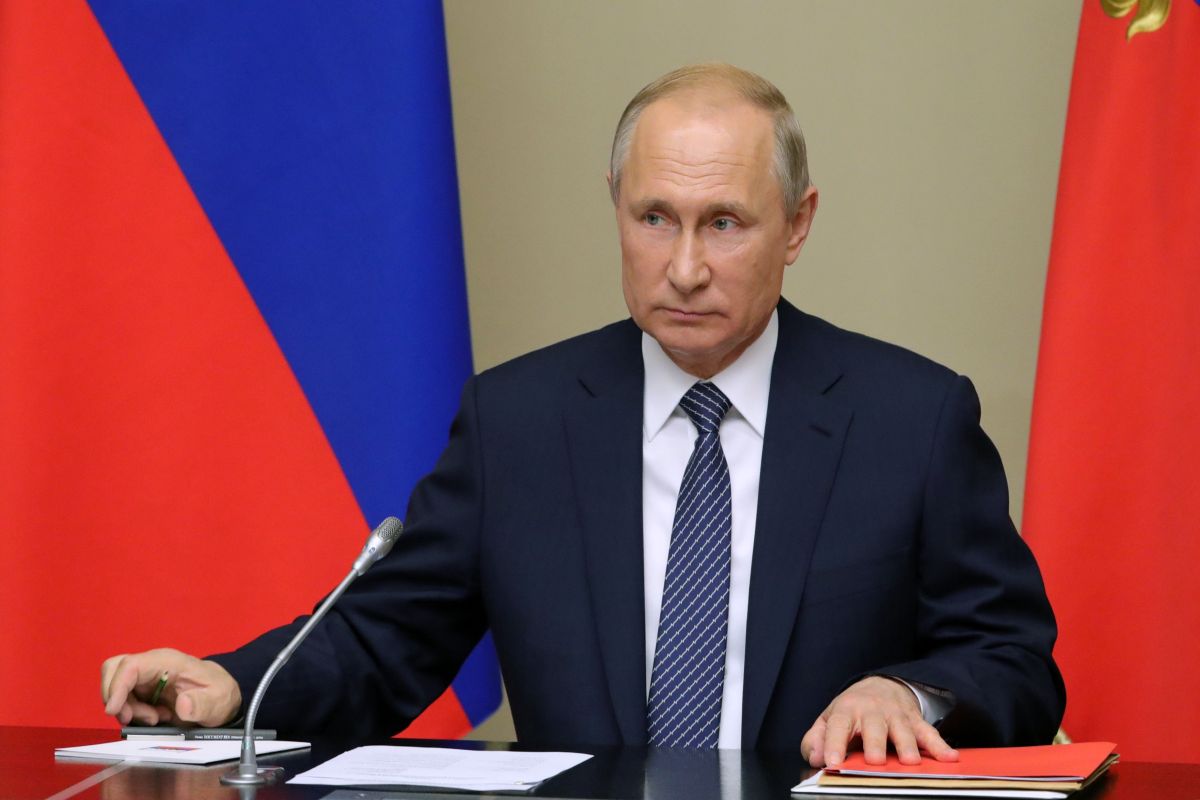Russian President Vladimir Putin on Friday called for “Constructive dialogue” with UK Prime Minister Boris Johnson as he congratulated him on a decisive general election victory.
Putin said in a statement, “I am sure that the development of constructive dialogue and cooperation in various spheres would be fully in the interests of our countries’ peoples and the entire European continent”.
Advertisement
However, earlier, Kremlin said it doubted that Johnson’s election victory would change Russian-UK ties for the better.
Putin’s spokesman Dmitry Peskov said that Moscow always hopes an election brings to power voices in favour of “good relations” with Russia but was not sure that would be the case with Johnson’s Conservative Party.
On Friday, a landslide Conservative win would mark the ultimate failure of opponents of Brexit who plotted to thwart a 2016 referendum vote through legislative combat in parliament and prompted some of the biggest protests in recent British history.
An exit poll showed the Conservatives winning a landslide 368 seats, more than enough for a comfortable majority in the 650-seat parliament and the biggest Conservative national election win since Margaret Thatcher’s 1987 triumph.
Labour leader Jeremy Corbyn said that he would stand down as his party faced its worst electoral defeat in 84 years, but he did not set a date for his departure, adding that he would remain in charge during a period of reflection.
The Scottish National Party, which strongly opposes Brexit, would win 55 of the 59 seats in Scotland, the poll said, setting the scene for it to demand a second independence vote after secession was rejected by 55% to 45% in 2014.
The incident led to dozens of tit-for-tat diplomatic expulsions. Russia has repeatedly denied any part in his killing.
The case had strong echoes of the poisoning of former Russian agent Alexander Litvinenko in Britain in 2006.











